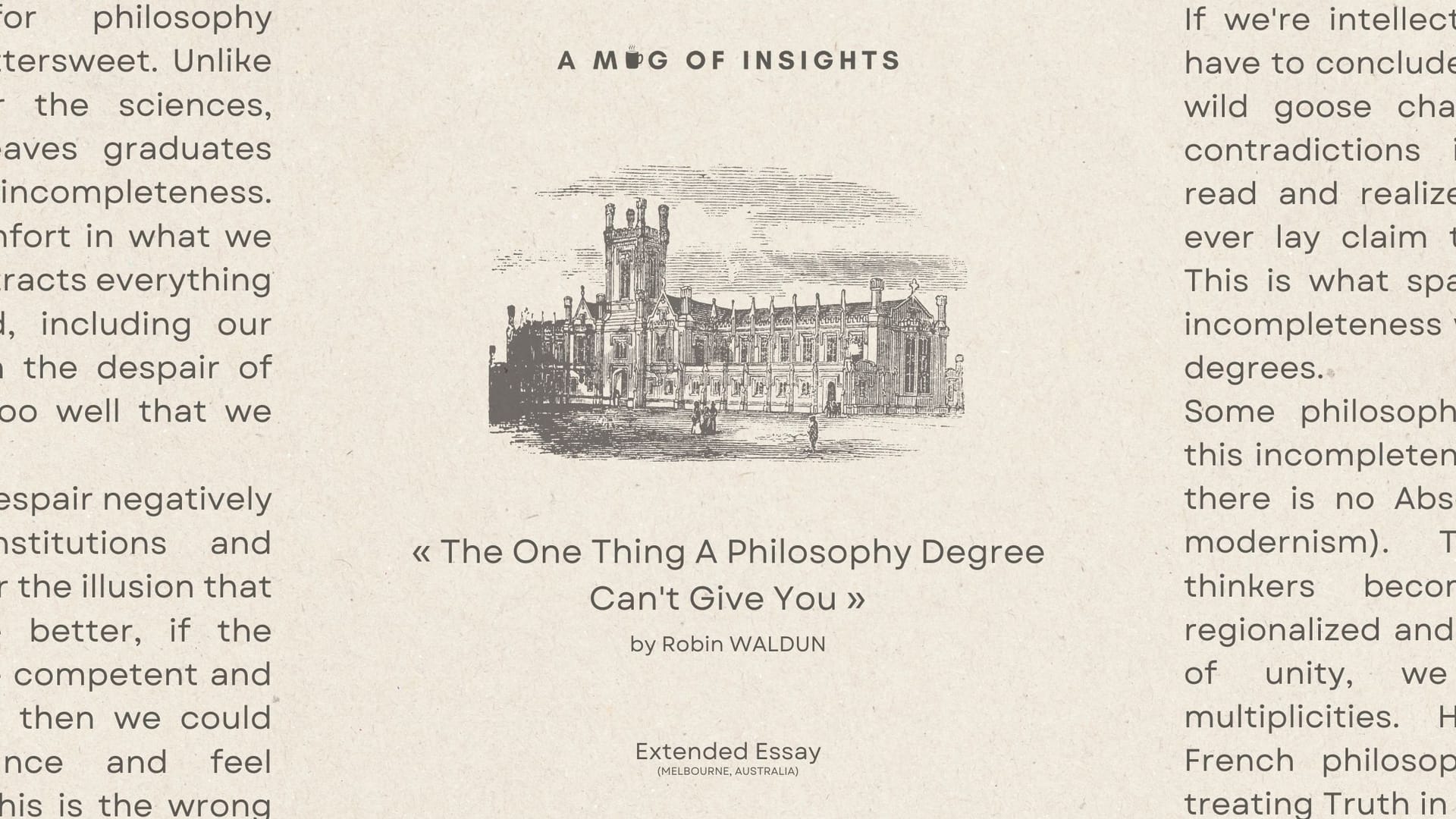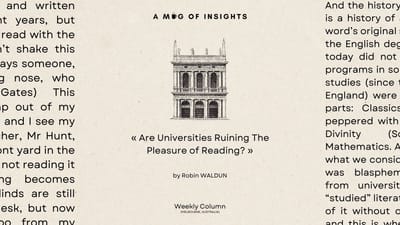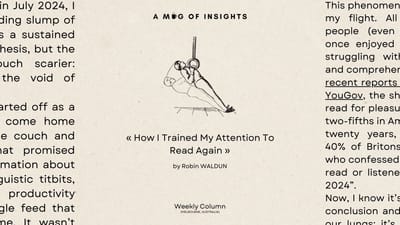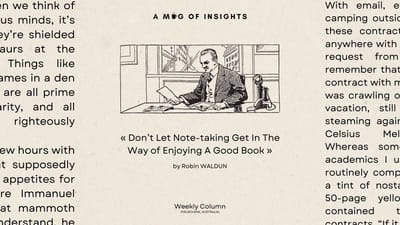The One Thing A Philosophy Degree Can't Give You

This is another post for paid subscribers. Paid members will get access to the full archive and all of my extended essays with further reading lists. And on average, subscribers will get 50% more posts from our regularly scheduled program. This will give me more time (alongside grad school research) to produce high-quality posts consistently. Thank you for your contribution!
"Philosophy is not a body of doctrine but an activity"
-Ludwig Wittgenstein
Graduation day for philosophy students is always bittersweet. Unlike a degree in law or the sciences, philosophy always leaves graduates with a feeling of incompleteness. Instead of taking comfort in what we know, the degree subtracts everything we take for granted, including our pride. We're left with the despair of ignorance, knowing too well that we know nothing.
It's easy to view this despair negatively and blame our institutions and ourselves. We're under the illusion that if the courses were better, if the professors were more competent and if we worked harder, then we could escape this ignorance and feel complete. However, this is the wrong way to look at institutional learning. In reality, a philosophy degree isn't designed to dispense knowledge, nor will it give us the permanent satisfaction of knowing.
The Trap of Sophistry
Philosophy seduces students into believing that they'll attain truth if they read enough. The project of reading philosophy gradually becomes a hunt for the best theory that lays claim to absolute truth. But Emil Cioran warned us about this impulse to claim Absolutes:
If we're intellectually honest, we'll have to conclude that this hunt is a wild goose chase. We'll see the contradictions in everything we read and realize no theory could ever lay claim to Absolute Truth. This is what sparks the feeling of incompleteness when we finish our degrees.
Some philosophers give into this incompleteness and claim that there is no Absolute Truth (post-modernism). Truth for these thinkers becomes fragmented, regionalized and fractured. Instead of unity, we end up with multiplicities. However, for the French philosopher Alain Badiou, treating Truth in this way is a failure to recognize that philosophy is not a theory, but a procedure.
Alain Badiou wrote in Conditions:
Subscribe to continue reading



